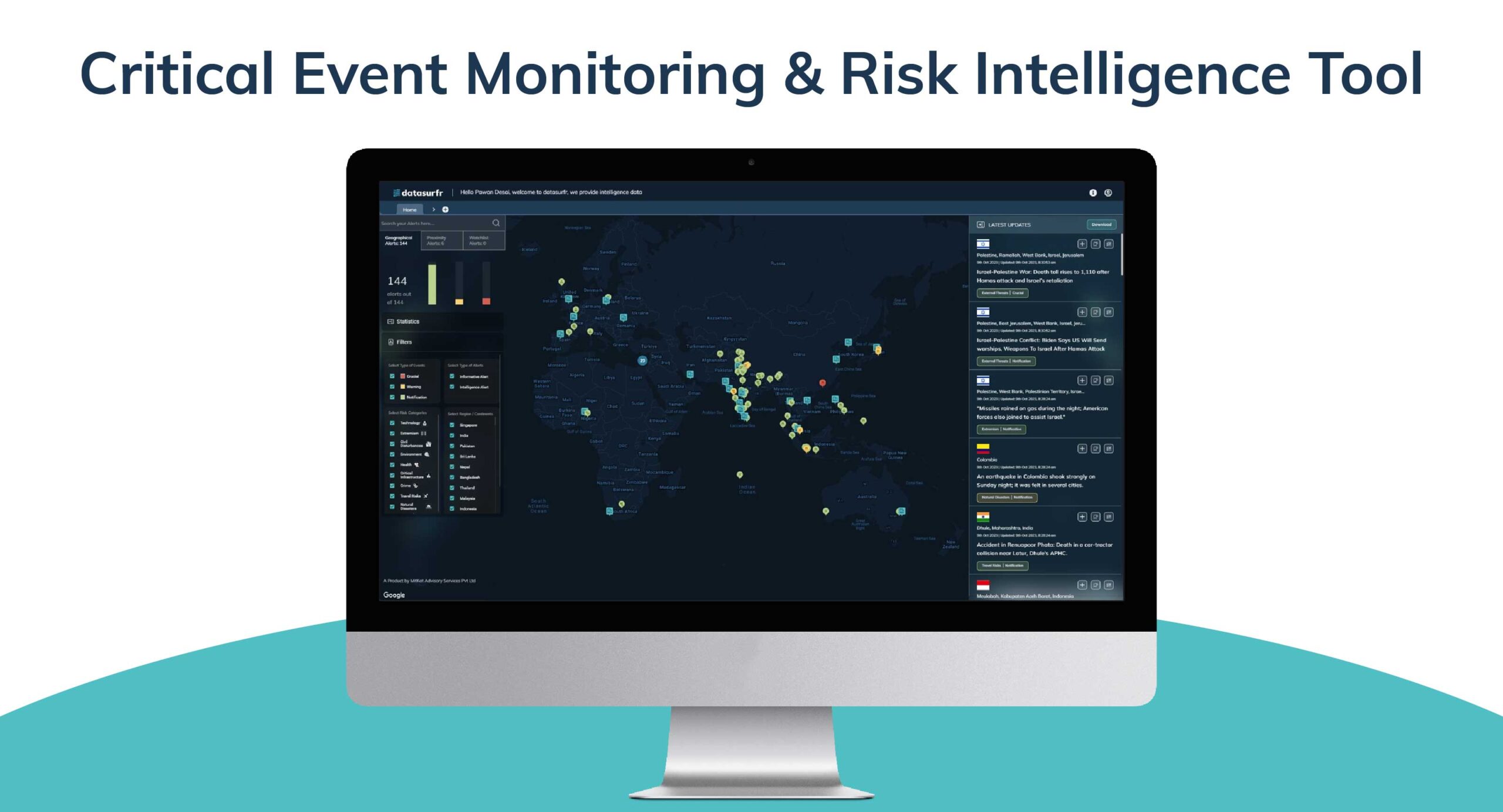Locations affected: India
What:
Health authorities in Kerala have issued an alert and are intensifying their response following the confirmation of Nipah virus in a 14-year-old boy from Pandikkad on 20thJuly. In light of this development, strict preventive measures and heightened surveillance are being implemented.
Past Nipah outbreaks in Kerala include incidents in Kozhikode (2018, 2021, 2023) and Ernakulam (2019), which collectively resulted in 21 fatalities.
Why:
The Nipah virus can be transmitted from animals such as pigs and fruit bats to humans through contaminated food or contact with infected individuals. Experts have highlighted a growing risk of zoonotic viruses like Nipah due to increased proximity between animals and humans. A Reuters investigation has revealed that Kerala’s tropical climate, rapid urbanization, and deforestation have created favorable conditions for such viruses to emerge.
So What:
- Initial symptoms include fever, headache, muscle pain, and sore throat. Advanced stages may lead to dizziness, drowsiness, altered consciousness, acute encephalitis, atypical pneumonia, and severe respiratory issues.
- In Malappuram district, mask-wearing is mandated. District Collector V.R. Vinod has enforced restrictions in Pandikkad and Anakkayam panchayats, including: closure of educational institutions, limitations on public gatherings and shops open only from 10:00 AM to 5:00 PM.
- Authorities have urged seeking medical attention if experiencing fever symptoms and avoiding self-medication.
- Approximately 224 health worker teams are conducting door-to-door visits in Pandikkad and Anakkayam panchayats.
- Tamil Nadu has enhanced surveillance at Coimbatore’s inter-state borders, with temporary medical camps set up for travelers from Kerala. Rajasthan and Karnataka are also on high alert.
Outlook:
The World Health Organization (WHO) has classified this virus as a priority pathogen due to its potential for widespread outbreaks and high mortality rate. Currently, there are no specific treatments or vaccines available. The situation is evolving, and implementation of preventive measures and surveillance is essential to control the spread of the Nipah virus. Organizations and individuals should stay informed, adhere to health advisories, and prepare contingency plans to mitigate potential impacts.


